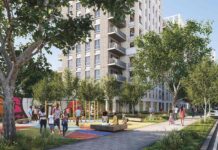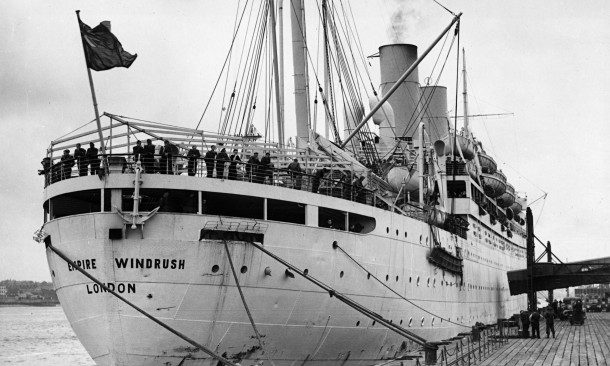
This week sees the 50th anniversary of the Race Relations Act 1965 which made racial discrimination unlawful in the wake of the overt and casual prejudice experienced by migrants from the Caribbean who arrived in the UK on the Empire Windrush. Many of these early immigrants settled in Brixton and have contributed to its widely celebrated culture and vibrancy.
We may have come a long way since then, but immigration remains an issue fraught with anxiety and controversy. Indeed, it is currently the public’s number one concern, and it is likely to be one of the most salient political issues some time, for at least three reasons.
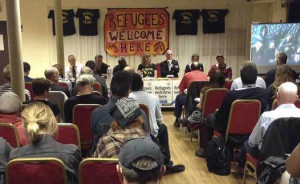
First, in the short- to medium-term, the referendum on Britain’s membership of the European Union looms on the horizon. The principal issue for much of the public is probably going to be immigration.
Second, the catastrophes that are Syria and Libya are unlikely to be solved any time soon and so will provide the source and route for a steady stream of refugees making the journey to Europe. Parliament’s decision to launch British air strikes in Syria may make the refugee situation even worse. The suggestion that jihadis may be hiding amongst the desperate people fleeing war and chaos only adds to the salience of this issue, and anxiety associated with it.
Third, the current refugee and migrant crisis has to be considered in a broader context. The key fact about our current situation is that many more poor people can now both see how we live and have the means to get here. This is as much a feature of globalisation as open markets and the Internet. We should get used to it.
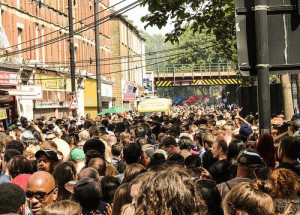
An important fault line in the debate about immigration in an age of globalisation is between those who expect polities to be homogenous and those whose default position is diversity – between communitarians and cosmopolitans.
As a Londoner, it is often only when I travel outside of our great city that I realise how cosmopolitan my instincts really are. I am regularly struck by the homogeneity of other places – even European capital cities – and how bewildering this uniformity seems to me.
Growing up in Lambeth has taught me to be slightly suspicious of places where everyone is the same. I can only imagine that this is how many people who have grown up in homogenous circumstances feel about the diversity that cosmopolitanism presents.
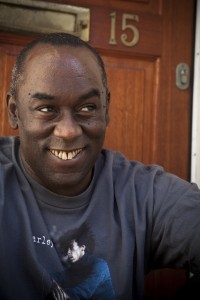
All this makes me think back to the Windrush generation – the immigrants who came when few others were here and who endured overt hatred and discrimination. People like the parents of those Alex Wheatle spoke to in his recent Independent article about the gentrification of Brixton. These people came to make a better life for themselves and their families and were greeted with hostility and suspicion. These people endured indignity and racism to create the multicultural, cosmopolitan society we now celebrate.
We don’t hear enough about or from immigrants of decades gone by such as the Windrush generation. They could provide us with invaluable insights into the challenges people face in a climate of negativity, and the inevitable contribution they make in the long-term. As immigration remains a top concern and increases in salience, we can only hope to hear more from those who did so much to build the open, diverse, liberal places we call home.
I’m biased, but my guess is that cosmopolitanism is the future. There will be bumps along the way but the trend is for a presumption in favour of difference and hybridity, especially amongst the young. Some will regards this as a great loss, others as a great step forward. Either way, it will be a fact of modern life.
Those of us who anticipate our cosmopolitan future with joy should do more to honour and celebrate the early arrivers who brought us here. We’ve got Windrush Square in Brixton which marks the Caribbean contribution to our community. And Patrick Vernon’s suggestion of a Windrush Day to celebrate the migrant contribution to the UK is an idea whose time has come. The Black Cultural Archives’ wonderful Black Georgians exhibition shows that the history of diversity in Britain goes back longer than we typically imagine.
But there is so much more we – especially the media – could do on this front day-to-day. We need to seek out, listen to and celebrate the stories of the brave, enterprising and resilient people who brought us to where we are.
Let’s hear it for the pioneers.




